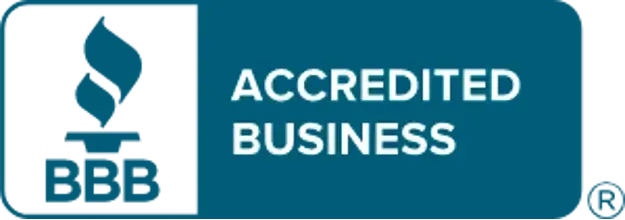Who’s Suing Me? Debt Sale And Assignment
When debts go unpaid, it is well known that a collection agency may soon enter the picture to collect. Debtors may think that they owe a particular bank for a credit card debt and then one day they are served with a lawsuit attempting to recover payment for the same debt. This moment is often fraught with immediate stress and confusion as they see that the plaintiff of the lawsuit is some company of which they are totally unfamiliar. Who is this mysterious party that is suing me?
Many consumers don’t realize that their unpaid debt is a commodity like any other good, as a debt may not only be assigned to a third-party (like a collection agency) to collect the debt, but it may also be sold outright. In the situation where some collection agent is involved, it is not always clear which entity is the creditor of record at the time of collection.
The Fair Debt Collection Practices Act (“FDCPA”) does not apply to an original lender or its employees or agents as its purpose is to protect debtors from third-party debt collectors. Under the FDCPA, a creditor is the original lender, the person or entity that first extended credit. Keep in mind that a creditor is not exempt from the FDCPA when collecting its own debts if it uses a different name giving the appearance that a third party is attempting to collect the debt. Under the FDCPA , a debt collector is defined as any person who regularly collects debts owed to others. These include collection agencies and attorneys that collect debts for others. Entities and individuals may sell debts to these agencies or simply retain them to act on their behalf to collect debts.
Often, when debts go unpaid, and the statute of limitations on collecting the debt is not close to running, a creditor will simply retain the services of some collection agent to collect the debt. In this case, the collection entity is truly an agent of the creditor who remains the legal obligor of the debt. Debtors may still interact and negotiate with (and pay) the original creditor. If a lawsuit is filed, the original creditor would be the party-in-interest and the plaintiff in the case.
Debts may also be sold or assigned to a third-party. In this instance, they are typically sold for mere cents on the dollar and the third-party, usually a collection agent of course, becomes the owner or legal obligee of the debt. Often, this sale or assignment occurs when the statute of limitations is close to expiring. At this point, debtors may no longer negotiate with and pay the original obligor of the debt. If a lawsuit is filed, the third-party collection agent would be the party-in-interest and the plaintiff in the case.
Debt collectors apply pressure to collect unpaid bills. Upon a consumer missing payment, they will provide a deluge of phone calls and written correspondence. The Fair Debt Collection Practices Act was enacted to protect consumers from unscrupulous debt collection practices, such as other third parties receiving notice about the debt, excessive phone calls, or demands to pay more than the amount of the actual debt. If you have experienced any of these illegal actions, call 770-246-1331 or e-mail the Parker Law Firm to schedule a consultation today!
The post Who’s Suing Me? Debt Sale And Assignment appeared first on Parker Law Firm.





